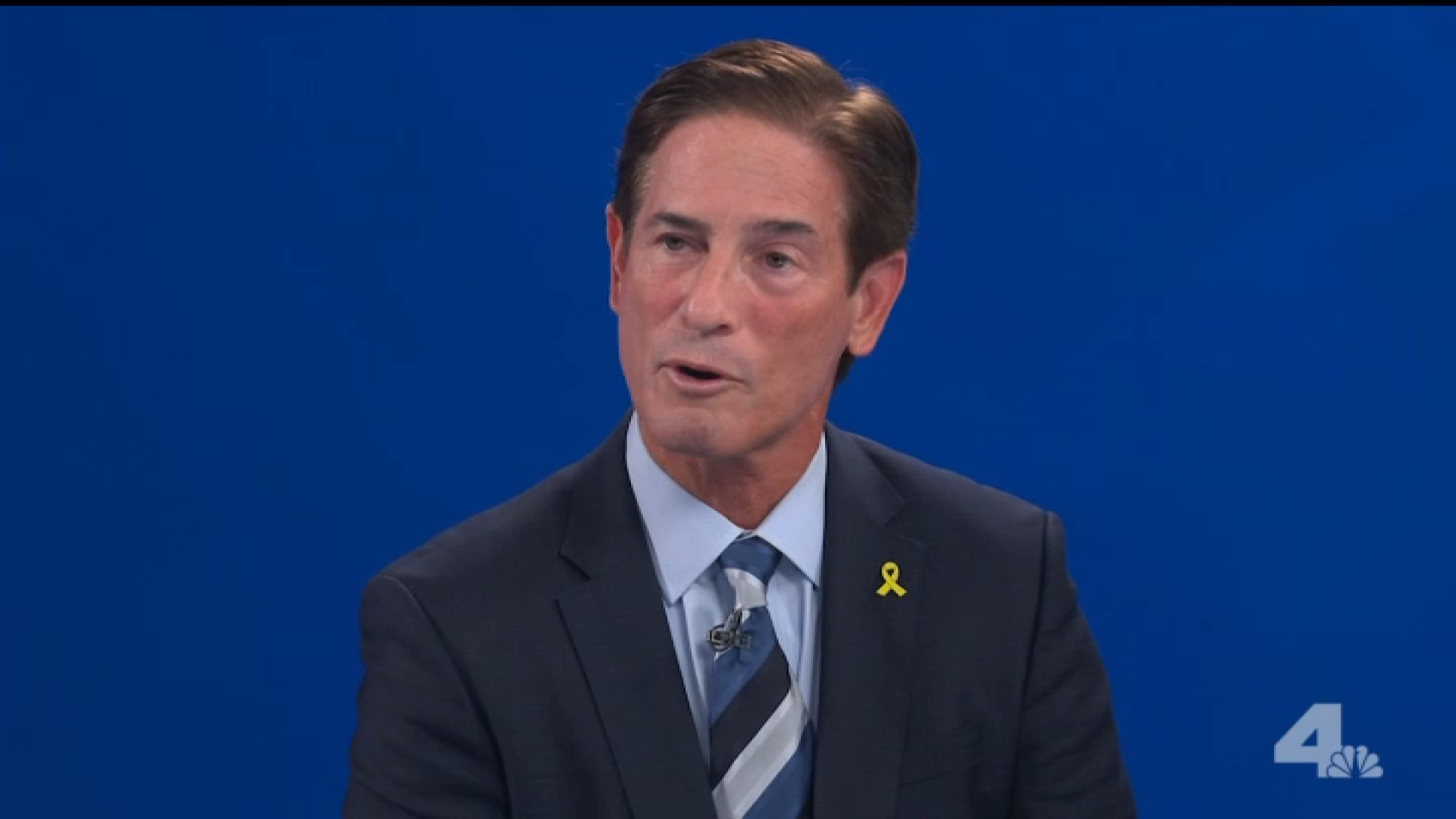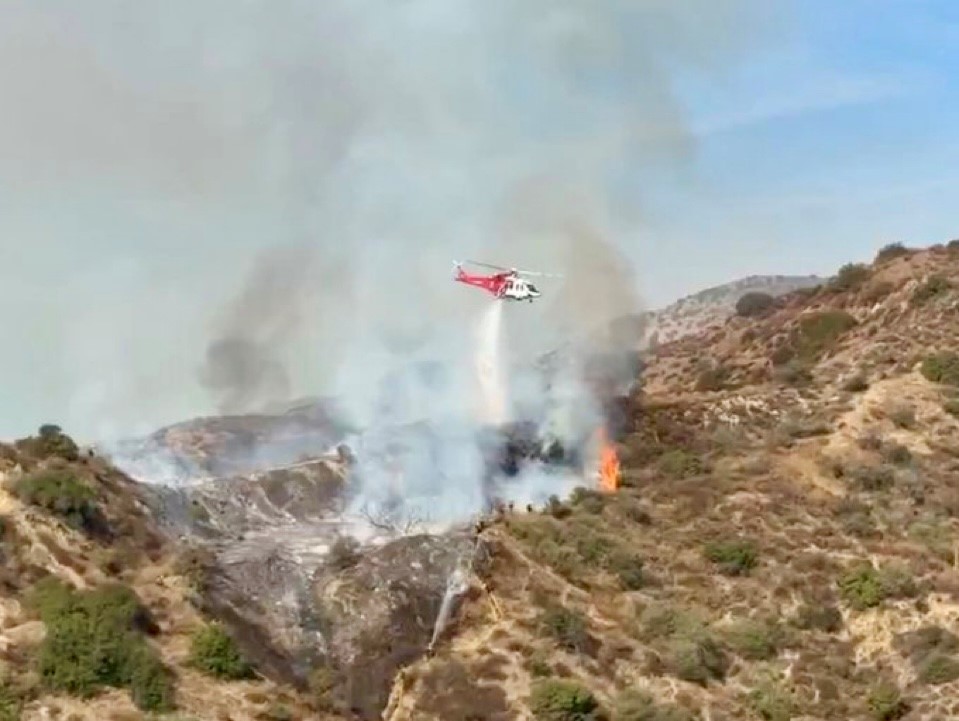Claudia Alexander spends much of her time spreading the word of science, speaking with students of all ages and sharing what she felt was her purpose — moving from ignorance to understanding through bold exploration.
Her journey to becoming a world-renowned rocket scientist began in the Bay Area.
"Growing up in the Silicon Valley, we were pretty much one of the only black families. So for her, it was pretty isolating and so she would spend her time reading instead of engaging with kids who didn't want to engage with her," Alexander's sister, Suzanne, said.
Their family had a front-row seat for the technology revolution — their mom worked with Intel founder Gordon Moore.
"She sat in the cubicle next to him and she actually remembers the day they rolled the typewriters out and brought in computers. He was on his hands and knees plugging in his computer for the first time," said Suzanne Alexander.
That led their parents to push Claudia to major in engineering. She ultimately chose geophysics at the University of California at Berkeley, followed by a master's degree from UCLA and her Ph.D. from the University of Michigan.
She then spent her entire career with NASA, working at the Jet Propulsion Laboratory in Pasadena. The billion-dollar Galileo mission to Jupiter was perhaps her biggest responsibility.
Local
Get Los Angeles's latest local news on crime, entertainment, weather, schools, COVID, cost of living and more. Here's your go-to source for today's LA news.
"I got to crash the spacecraft into the planet Jupiter on purpose," Alexander said, laughing. "My friends always tell me to please remember to tell people on purpose or they'll think the woman driver lost control."
Colleagues said the responsibility was a game-changer.
"She was the first woman, not only African-American, but first woman manager of such a major mission," said Art Chmielewski, the U.S. project manager for Rosetta, the European Space Agency's historic plan to land a robot on a comet.
Chmielewski worked closely with Alexander for the last five years on the Rosetta mission, the effort of 250 scientists in 12 countries.
"Not only was she respected as a scientist, but she had this huge cultural intelligence and ability to communicate with people at different levels than just words," Chmielewski said.
Her sister agreed.
"I don't know if that came from her background of being sort of isolated and figuring out how to navigate that situation, and then she just used that through her whole career, it just became a great skill of her," Suzanne Alexander said.
A gifted communicator, an accomplished scientist and a bold explorer of outer space, but perhaps what is most important to her was right here on Earth.
"You teach children, advance science, teach the next generation and that's how as a race, we go forward and advance knowledge," Chmielewski said.
She was determined to draw a young audience to science, and began writing children's books.
"You can be a star and you don't have to be a basketball player or a singer or whatever the stereotypical avenues people take, but instead why not try physics," said Suzanne Alexander.
Might sound like a tough sell, but if anyone could pull it off it was Claudia.
"Last October I got an email from a woman who tracked me down. She said that her daughter dressed up as Claudia — Dr. Alexander — for her science fair in the fall, so she had a lab coat and these giant glasses and she did a PowerPoint of Claudia's work. And it was awesome. And to me it was the completion of a circle, that Claudia really did achieve her mission," Suzanne Alexander said of her sister.
Claudia said it's just part of what life is about.
"It’s the challenge of being bold — that’s why we take on tasks like this."



